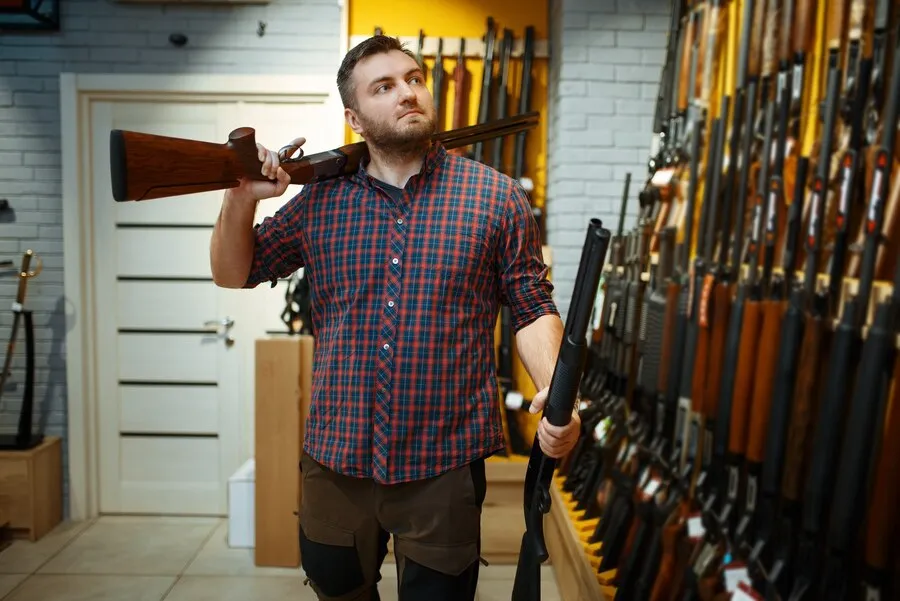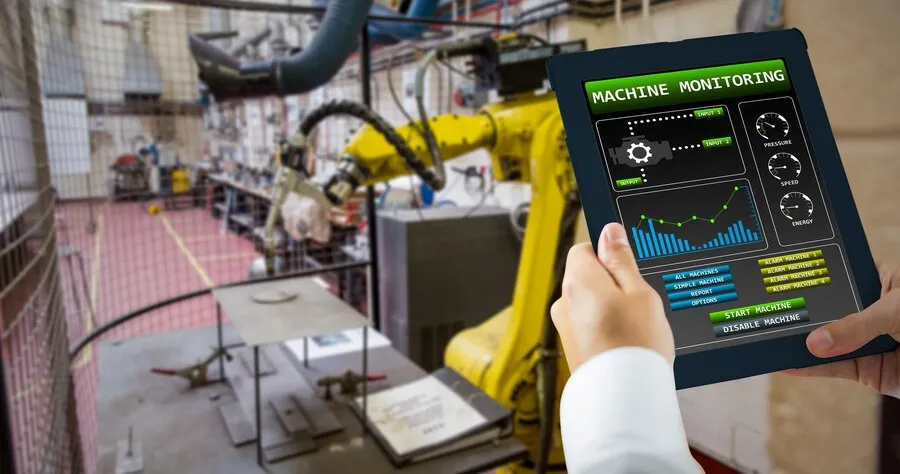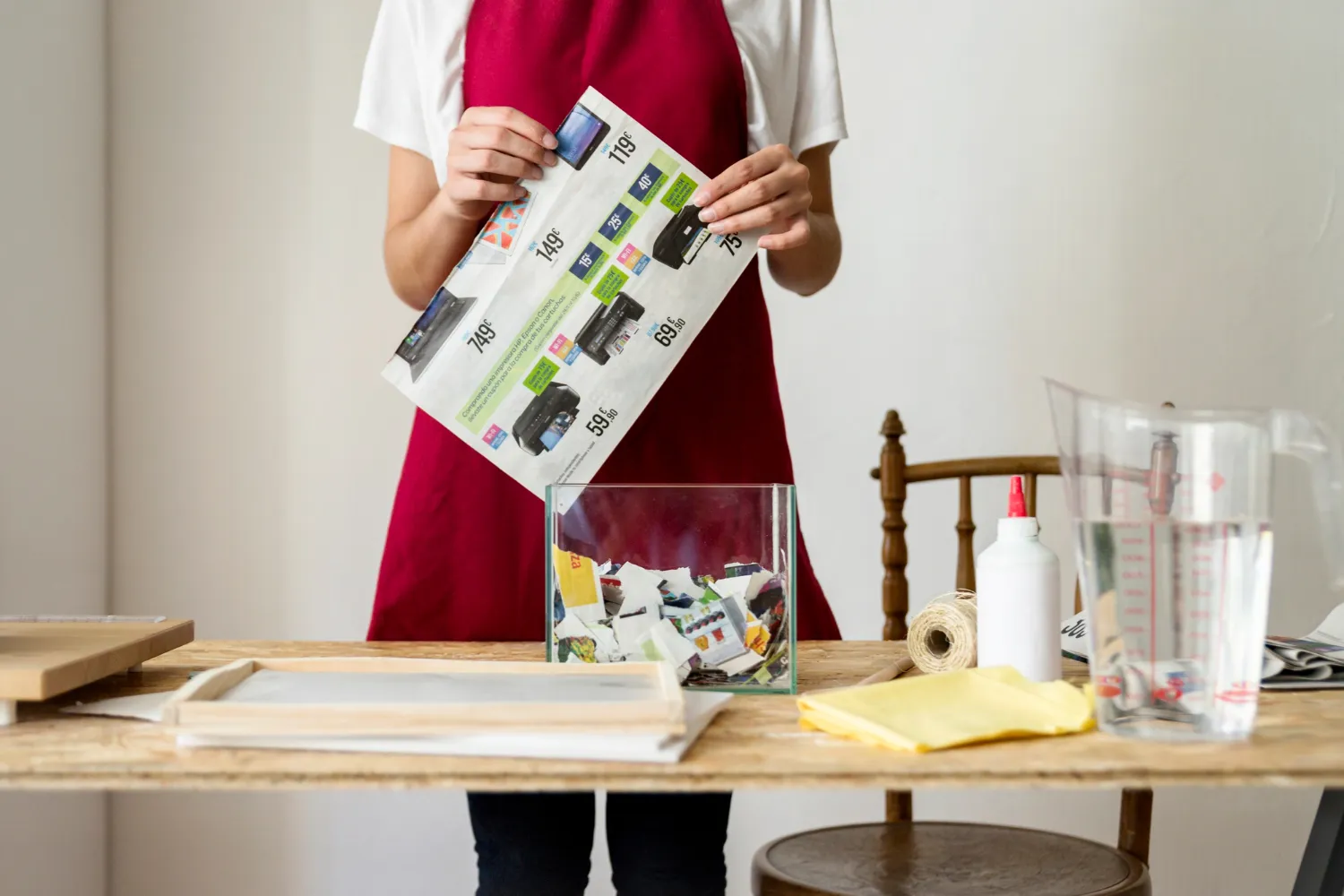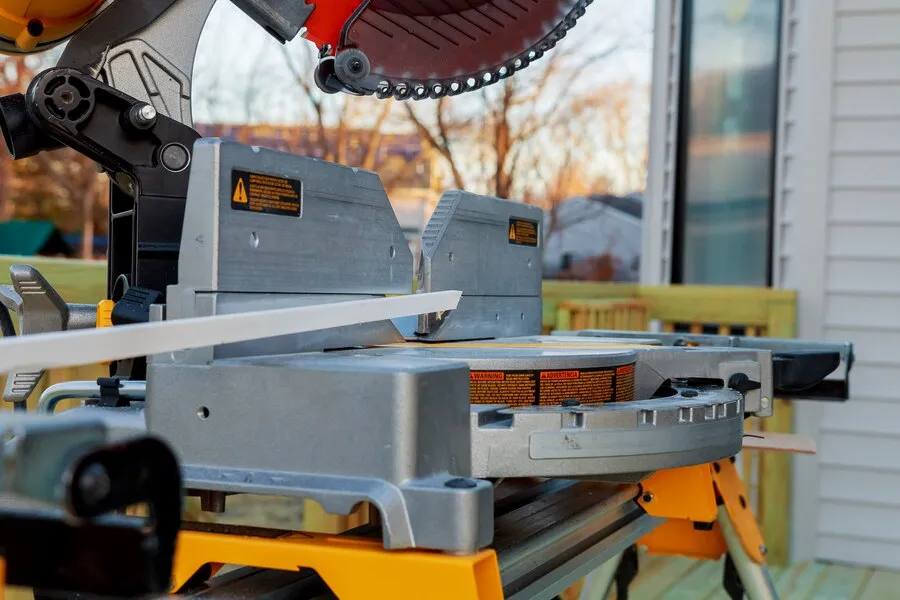Key Takeaways
- Firearm ownership involves understanding safety protocols, legal responsibilities, and the importance of community engagement.
- Educating oneself on these aspects helps foster a responsible and informed firearm community.
- This article will explore common questions and provide resources for deeper understanding.
Introduction to Firearm Ownership
Firearm ownership is a complex relationship between personal security, responsibility and community involvement. It involves safety practices, legal knowledge and social responsibility. In the US, firearm ownership symbolizes freedom and responsibility. It’s crucial to approach this responsibility with diligence and an open mind and to engage with the community to support safe and lawful practices. Whether purchasing from a gun store Littleton or elsewhere, it’s essential to maintain an open mind.
Safety First: Establishing Essential Protocols
Responsible firearm ownership requires a strong focus on safety. Implementing comprehensive safety protocols can prevent accidents and enhance usage. Understanding firearm mechanics, distinguishing between safe and non-safe practices and securing the weapon from unauthorized access is crucial. Safety measures like unloading firearms, using trigger locks and locating ammunition separately from firearms can prevent accidental discharges or theft. Adhering to these measures significantly reduces ownership risks.
Understanding Legal Responsibilities
Understanding the legal landscape is crucial for responsible firearm ownership, as it covers background checks, permits, and restrictions. The Legal Guide for Gun Owners is a valuable resource that provides a solid foundation in federal and state-specific firearm laws, ensuring compliance and informed use. It also helps keep firearm owners updated on current regulations and legislative changes, ensuring their safety.
Building a Responsible Firearm Community
Firearm ownership is a community-based activity that promotes safety, education, and support. Establishing a responsible firearm community involves promoting safety through seminars and outreach programs. These initiatives emphasize the collective commitment to safety and education, highlighting that responsible firearm ownership is not solely a personal responsibility.
Community Engagement and Support
Engaging with local firearm-related organizations and clubs provides knowledge, support networks and a sense of belonging. These organizations offer safety workshops, skill-enhancing competitions, and community service projects. Gun owners can contribute positively to the community through events and volunteering, drawing support from those with similar interests and values.
The Role of Education in Responsible Ownership
Continuous education is crucial for responsible gun ownership, as well-informed owners are safer. NRA Training and Education offers various programs focusing on firearm usage, from basic handling to advanced tactical skills. These courses enhance fundamental skills and technical knowledge, ensuring gun owners improve their competencies and share best practices within the community.
Also Read: Preparing for Winter: Effective Ice Melting Techniques and Tips
Firearm Maintenance and Care
Maintaining firearms is crucial for their safe use. Regular cleaning extends their lifespan and maintains optimal functionality, reducing potential safety risks. This involves regular inspections, cleaning after each use, and following manufacturer guidelines. Understanding the specifics of your firearm model, which can be learned from manuals and training resources, is also essential.




